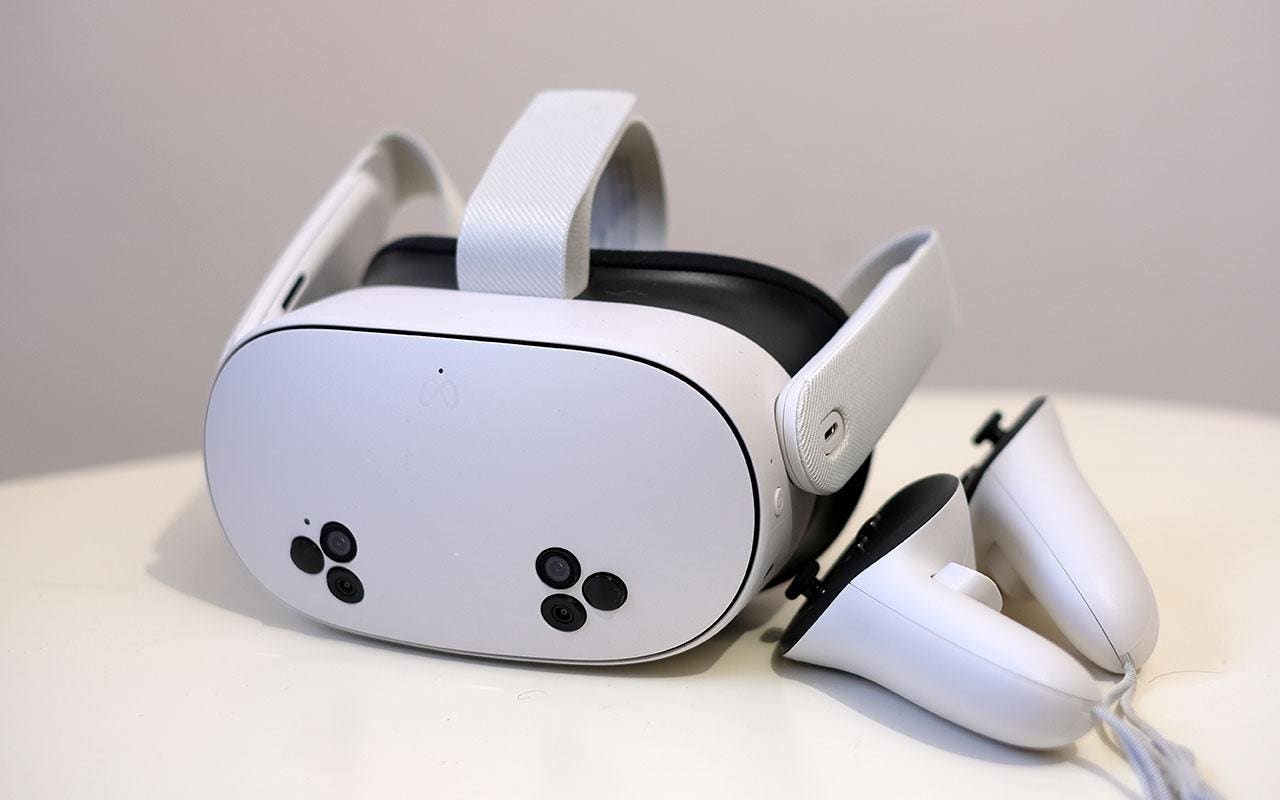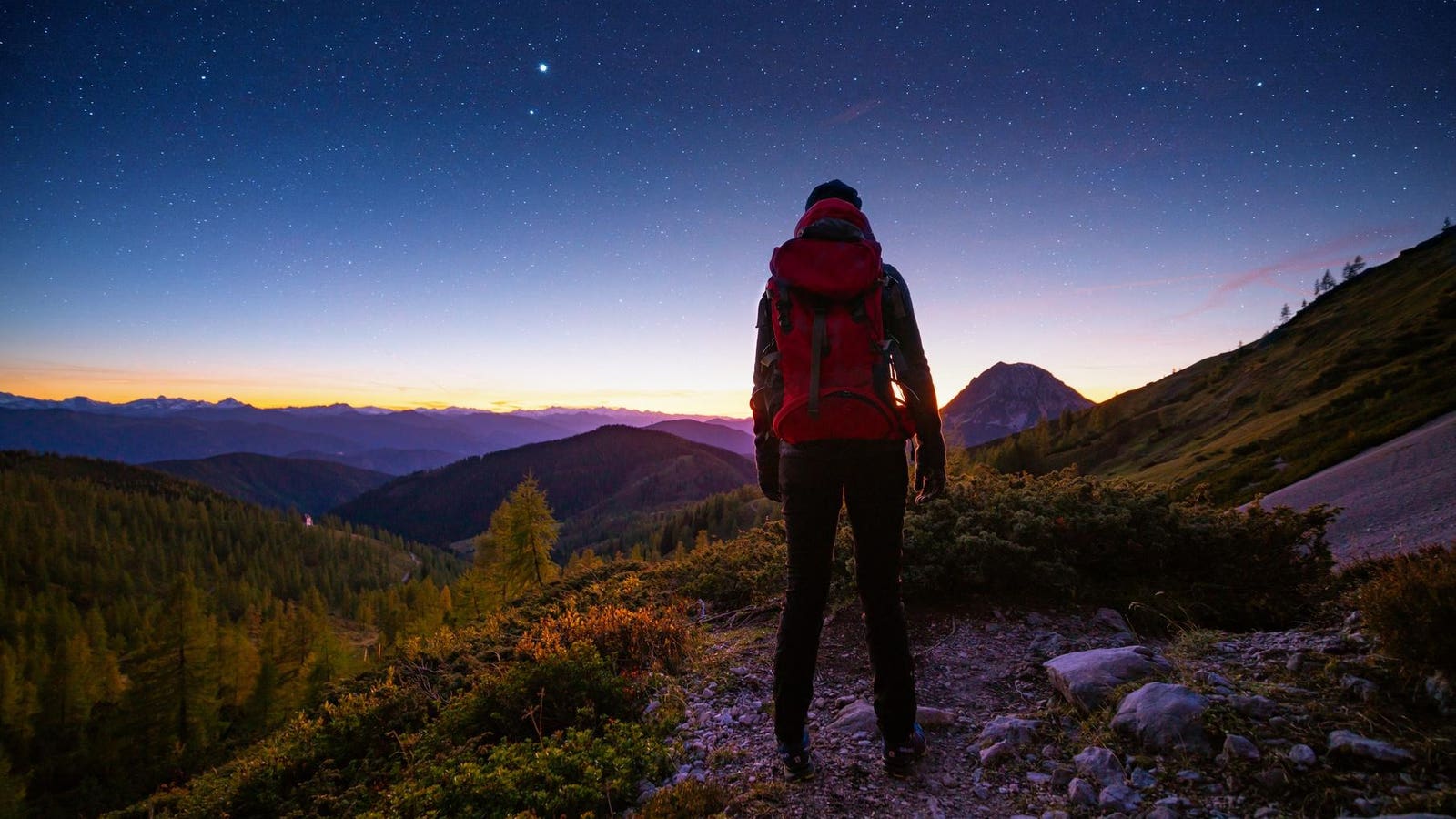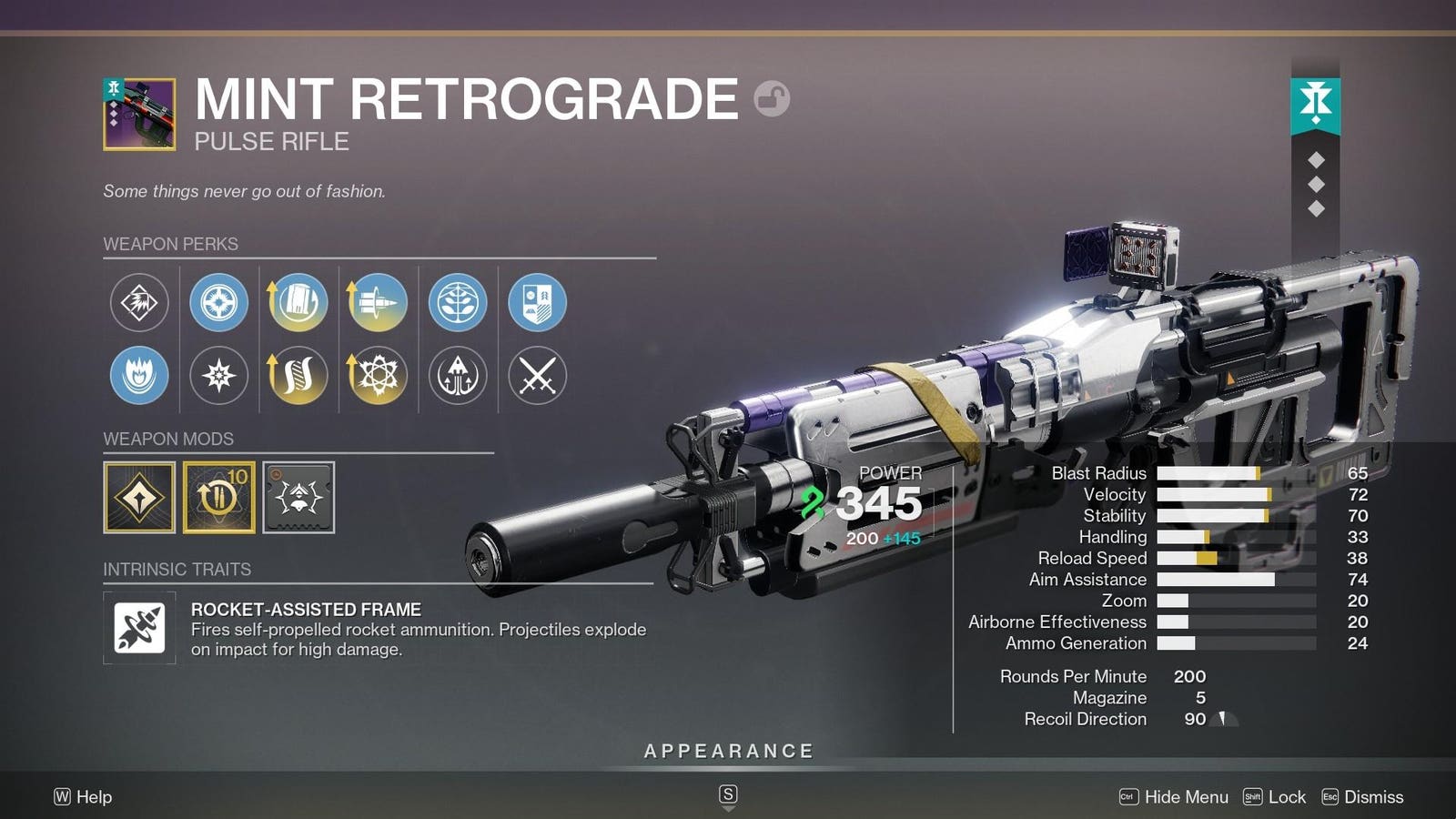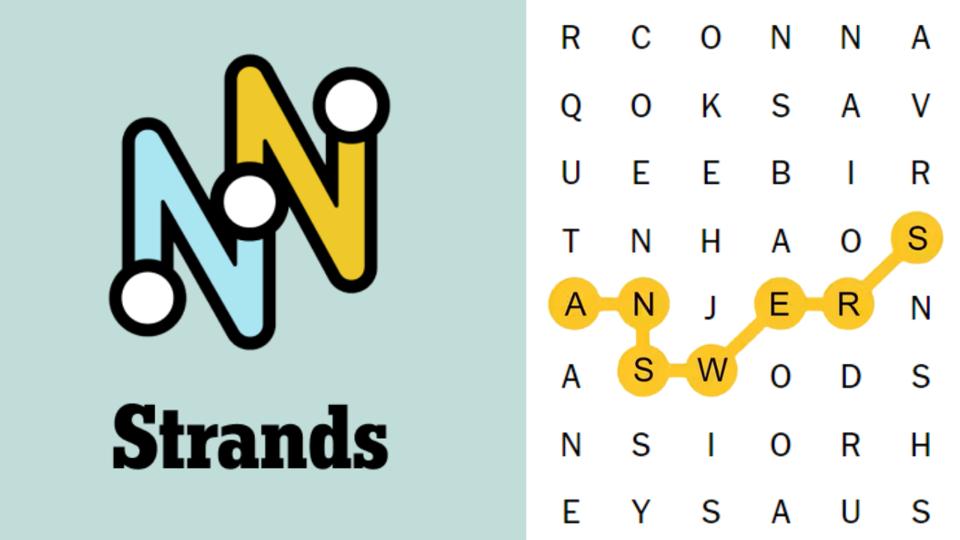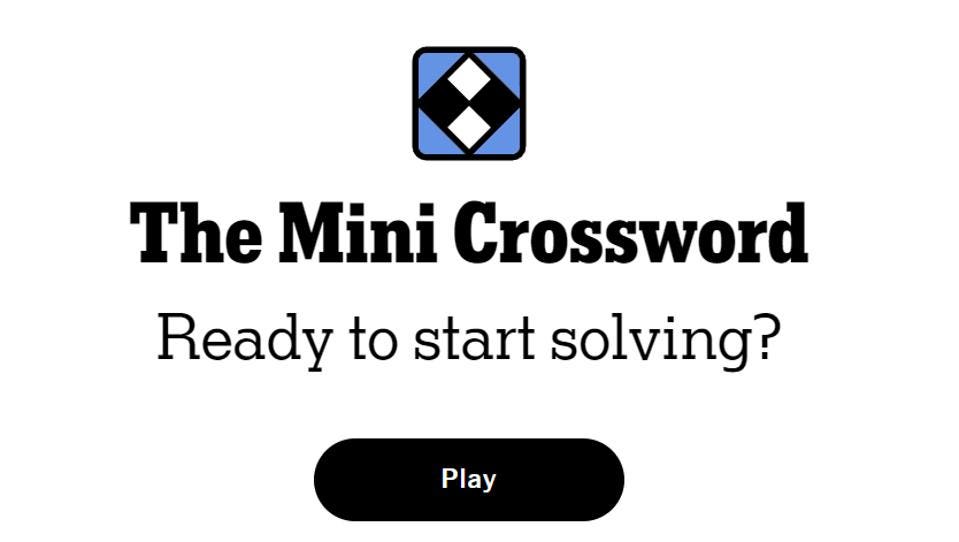Woman in her 20s getting ready in the morning, laptop half open, reading text message
As social media continues to evolve in how it captures our attention, using an algorithm to make sure we’re clicking and scrolling, there is a whole new frontier facing us.
In the coming years, one expert told me social media will start to expand beyond doomscrolling to make sure we all stay riveted to content for longer periods of time—even rivaling popular streaming apps like Netflix and Hulu.
Chris Hayes knows a lot about capturing attention. He is a former print journalist who now hosts a primetime news program on MSNBC. He has an engaging style on his show and an equally impressive writing style. His book The Sirens’ Call: How Attention Became the World’s Most Endangered Resource is about battling distractions in life.
Hayes offered insights about how social media will continue to evolve—mostly by keeping us hooked to our feeds—that suggest we’re in for a wild ride.
Social media distraction is evolving
Early in the book, Hayes writes about how distraction is nothing new. At one time, reading a novel was considered a distraction from real life. Hayes also mentions the advent of radio and television as a serious cause for concern. (I guess we lost that battle. We now watch almost three hours of television per day on average.)
With social media, the next phase of distraction—according to Hayes—will not center on capturing attention but on holding and sustaining our attention. We currently spend a little over two hours on social media apps per day. Hayes says the advent of artificial intelligence might keep us hooked far longer.
“TikTok is probably the most sophisticated in this regard,” he says. “The model, as I say in the book, is the iterative grabbing of attention for little bursts over and over like the slot machine. One thing I do wonder about is whether AI will get good enough that companies can start to use the experimental method that runs the algorithms to actually make longer form stories.”
Hayes described an example where you might be grabbed by a news story or some other piece of content, and then the AI will monitor how users click, scroll, and react. Over time, the AI would then adjust the story, graphics, and even the entire narrative to maximize sustainability. That means social media will not only hook us on AI-generated content but keep us hooked far longer, perhaps as long as television.
AI-powered social media
Hayes did tell me we’re in an interesting phase where there is plenty of AI slop out there and some of that content is not exactly holding or sustaining our attention.
We seem to know what AI-generated content looks like when we see an image on Instagram or watch a video on Facebook. Some studies suggest we can identify AI content about 70% of the time. That study is from 2024, however. Recently, even newer studies are starting to reveal that humans misidentify AI content a little more often and it’s probably going to get worse. Eventually, we won’t know the difference.
Hayes says this phase of knowing when something is created by an AI might be short-lived as the technology (and the algorithms) improve.
“One obvious way to sustain attention is populating our online universe with ‘people’ that aren’t really people but rather increasingly sophisticated Turing-test-passing bots that are trying to sell us stuff or push some political project,” he explained.
When an AI can create content, capture our attention, and then adjust the content based on user reaction, we might all be at the mercy of the bots.
How to fight back
How do we avoid this trap? As AI improves and social media seeks to steal us away from apps like Netflix, Hayes says the trick is to train ourselves to recognize when we’re being sucked into the void.
He suggests spending at least 20 minutes per day without any technology—alone with our own thoughts. He also says it’s important to avoid isolation. We tend to scroll more (and for longer periods of time) when we are alone and bored, he says.
“Spend time with people you like and love,” he suggests. That might be the ultimate cure. After all, the best way to avoid the allure of AI and social media is to do something so cool in life that you don’t even need distractions anymore.



